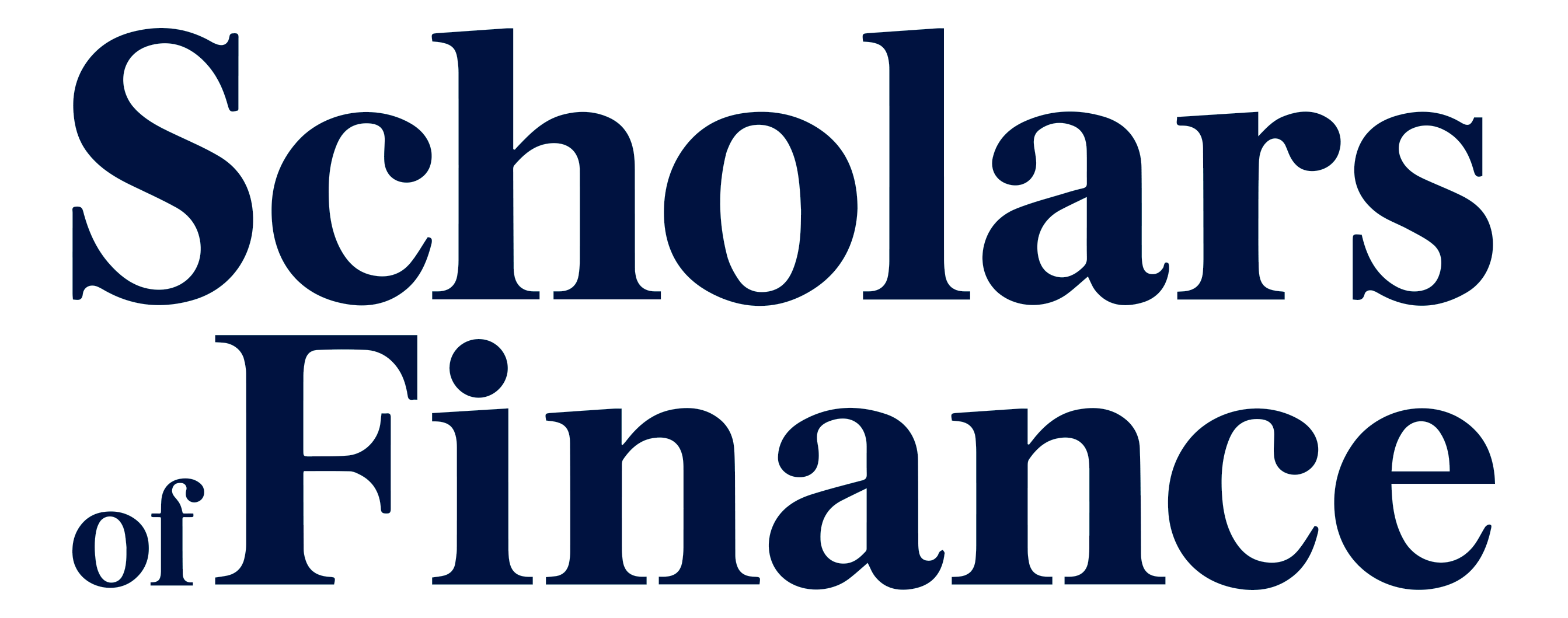
The first time I learned about ESG investing was during a social impact course my freshman year of college, one required by our university for all of us future business leaders to learn about the way corporations influence the communities around them. It was a concept that brought together environmental, social, and governance factors under one investment thesis. I remember thinking: “This is the future of finance that I want to be a part of.”
Accelerated by the many socially impactful events that have occurred since the start of 2020, it seems that the trend towards ESG has only been moving forward. Demand from both consumers and investors for more transparent and responsible business practices is louder than ever, and financial institutions are offering an expanding line of ESG products that just a decade ago hardly even existed. It’s a promising turn towards a more sustainable future for business and capital markets. However, with that seems to be coming a slow dilution of the true values that underlie ESG.
ESG stands for environmental, social, and governance. It encompasses the way that businesses interact with society, measuring their impact and the ways that they give or take away from the good of the whole. In practice, ESG can be a tool for investors to screen for companies that don’t align with their values. Is this business negatively influencing changes in our climate? Does this one have unethical labor practices? Do they take advantage of any marginalized communities, or are underrepresented backgrounds not welcome at this firm? These are some questions that may come up when deciding how “ESG friendly” a company really is. Part of the reason that ESG has been growing in popularity as an investment thesis is that it isn’t just a feel good tactic. Studies have shown that ESG factors have a direct impact on a company’s long term sustainability and profitability. For example, an article written by Credit Suisse’s Global Head of ESG Strategy references a study done on the impact of the COVID-19 crisis on ESG and non ESG indices in European markets. Those that were ESG focused fared better than those that were not. If a company doesn’t take into account the implications of real world events on their business operations it adds a layer of risk for an investor.
The problem is, there is no standardized way of measuring a company’s level of ESG integration. Every financial institution does their analysis differently, and so the criteria of the research can vary. Not only this, but currently the information that firms themselves report isn’t standardized in the United States. ESG disclosures are optional, making it hard for investors to perform their due diligence, and hard for people to really understand what they’re buying into. It also makes it easy for companies to greenwash – as in, build up an image of being socially conscious or environmentally sustainable through clever marketing and branding, when in reality, their operations say otherwise. ESG seems to have become a buzzword, along with “sustainable”, “green”, and the like. Ultimately, there needs to be a way to strip away the fluff down to common measurements and metrics of a company’s ESG integration. Although it’s a challenge to figure out how to translate something as complex as the societal impact of a firm into comparable data, it’s necessary to help consumers and investors like myself navigate their way through the weeds and decipher who is really taking action to back up their words.
On one hand, it pains me to see some businesses use ESG as a profitable tactic. Although there are many profitable companies driven by values of corporate responsibility, there are some that use ESG in a way that seems artificial, motivated by money rather than morals. On the other hand, I ask myself, does it matter why a company is doing it as long as they are? The argument can be made that even greenwashing brings awareness to the importance of a business’s impact on the environment, and ESG factors, even if only lightly taken into consideration, are better to be seen as a business tactic than not seen at all.
I chose to pursue a career in finance because I see that money has the power to create change. In my short time as a student in the industry, I’ve met people, some with a lifetime of experience and some who have only just begun their careers, who give me a lot of hope for the future. They motivate me to hold on to my values in such a competitive space, whether it be understanding the impact of my actions or doing my best to work with integrity. My time at Scholars of Finance has also influenced the way I approach my career. I’ve become more sensitive to the motivations behind my decisions and the way I interact with others; this month’s value of humility has really reminded me of how much more I have to grow. However, I’m worried that there may be a balance that needs to be made between staying true to what I believe in and working alongside the motives of others in order to make progress towards a future I hope to see.
As much as I’d like it to be so, I don’t believe ESG measures will be implemented in every company simply because it’s good for society. Often, they will be implemented because they help a business appeal to consumers, or standardized requirements have been passed, or future costs of climate change, government policy, or dissatisfied workers make it too expensive not to in the long run.
I can’t say if I think the implementation of ESG measures are a good or bad thing. All I can say is what I do believe: In the end, this earth, along with the people in it, are what support a business. With the ESG movement comes more visibility for this relationship, more pressure for companies to put their money where their mouth is, and more movement towards standardized regulation and reporting in the ESG space. We’re entering an age where companies can’t ignore their dependence on all of their stakeholders, and today, these stakeholders have more power than ever to hold companies accountable. It may be a necessary evil to accept that some won’t be motivated by the common good. Some may not even care to make changes past the surface level. But ultimately, that’s okay, because eventually, those will be the ones left behind.



Recent Comments